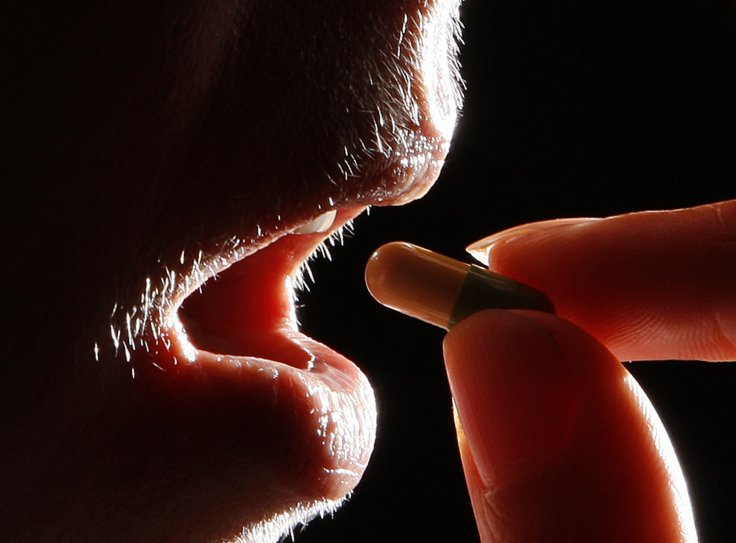
Researchers have found that the reversal of a person's biological age or epigenetic clock is possible through the administration of a growth hormone and certain diabetes medications.
During a clinical study in California, scientists discovered that the growth hormone as well as two widely used anti-diabetic drugs -- dehydroepiandrosterone (DHEA) and metformin -- can rejuvenate by about 2.5 years the body's epigenetic clock, a biochemical test based on DNA methylation levels that can be used to track the ageing process. The newly published study also revealed that the participants' immune systems showed signs of rejuvenation.
The epigenetic clock, which relies on the body's epigenome and tag DNA, can lag behind or exceed chronological age.
It is for the first time that the scientists noted the possibilities to reverse the human ageing process. They, however, cautioned the findings were preliminary because the trial was small and did not include a control group, journal Nature reported.
Geneticist Steve Horvath at the University of California, Los Angeles, who conducted the analysis, said, "I'd expected to see slowing down of the clock, but not a reversal."
The trial was conducted to test whether or not growth hormone could be used safely in humans to restore tissue in the thymus gland in the chest between the lungs and the breastbone. The gland is crucial for efficient immune function, which starts to shrink after puberty and increasingly becomes clogged with fat.
Evidence from animal and some human studies showed the growth hormone-stimulated regeneration of the thymus but also promoted diabetes. Hence, the study included two widely used anti-diabetic drugs.
The Thymus Regeneration, Immunorestoration and Insulin Mitigation (TRIIM) trial test was led by immunologist Gregory Fahy, the chief scientific officer and co-founder of Intervene Immune in Los Angeles.
Fahy had been fascinated with the thymus since 1986 when he read a study in which scientists transplanted growth-hormone-secreting cells into rats and rejuvenated their immune systems. He later treated himself for a month with growth hormone and DHEA and found some regeneration of his own thymus.
Checking the effect of the drugs on the participants' epigenetic clocks was an afterthought as Fahy later approached Horvath to conduct the analysis.
"Because we could follow the changes within each individual, and because the effect was so very strong in each of them, I am optimistic," says Horvath, whose findings were published in journal Aging Cell.
It should be mentioned that researchers have already started testing metformin, an oral diabetes medicine, for its potential to protect against common age-related diseases such as cancer and heart disease.
Regenerating the thymus could be useful in people with underactive immune systems, including people above 70 years of age.








